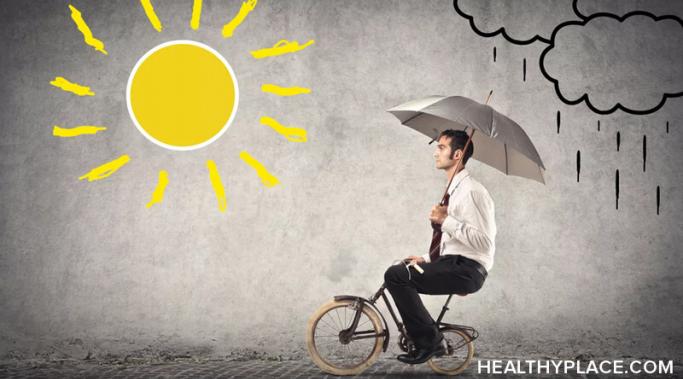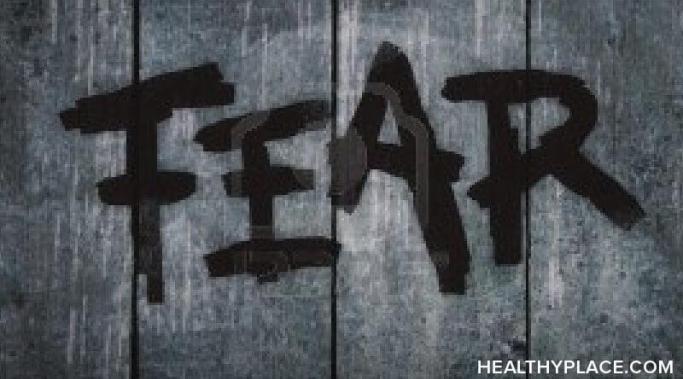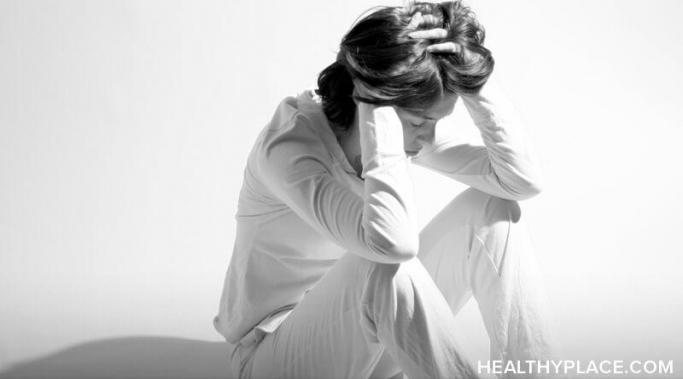If you want to prevent anxiety as we enter the new year, better self-care may be on your list of resolutions. But how quickly do we veer off course when we set lofty expectations for ourselves? I’d like to offer some tips to help you build a self-care practice to prevent anxiety without exacerbating it in the process.
Anxiety Treatment – Treating Anxiety
I recently attended a rational emotive behavior therapy (REBT) training and I began thinking more about using it to reduce my own anxiety. Rational emotive behavior therapy, the first form of cognitive behavioral therapy (CBT), was developed by Albert Ellis in the 1950s. The REBT approach encourages us to dispute irrational thinking to develop healthy emotional self-regulation.
Limiting beliefs and thoughts are often at the root of social anxiety. If we trust these limiting beliefs, we give our thoughts undue power. Cognitive restructuring is one technique used in cognitive behavioral therapy (CBT) to treat social anxiety.
I experience seasonal anxiety, so naturally I expect it--but never as soon as it appears. Today I peered out the window, and there it was. A wave of anxiety rolled through my body. It was a familiar jolt that reacted to a common anxiety trigger—a cold, blustery day with a sky darker than my favorite charcoal gray t-shirt. Autumn is here and winter is coming. Naturally, seasonal anxiety is too.
It makes sense for anxious people to manage anxiety with food--after all, we’ve all heard the saying “you are what you eat.” When it comes to mental health, knowing foods that help or hurt you is especially important. Partaking in some foods or drinks, such as alcohol, can make us anxious and depressed in the long term. Consuming others, like the ones below, can calm our minds and help manage anxiety with food.
Nearly all of us with anxiety disorders have a specific fear or phobia that sends our anxiety into overdrive. For some people, it may be a fear of public speaking. For others, the specific fear or phobia may be the subway or dentist appointments. Whatever it is, the fear sends our hearts racing and this specific fear or phobia makes managing our everyday levels of anxiety that much harder.
I use a tapping tool to calm my anxiety when being mindful of my breath doesn't work. Breathing techniques do often work, and as a yoga instructor, I know they can be powerful tools to calm the nervous system. Yet, through my anxiety journey, I also know there are times when breathing through anxiety just doesn’t work. When breath work doesn’t help, try this tapping tool to calm anxiety.
Our mind's response to anxiety affects our self-esteem, sense of control, and how we see the world around us. When we experience anxiety symptoms, our feelings and thoughts get so wound up in the body’s stress response that we may want to run. We want to shed this thing that won’t leave us alone. In my own struggle with anxiety, I’ve found a seemingly counterintuitive response to anxiety that helps me shift my experience and reduce anxiety.
Evidence shows that using cognitive behavioral therapy (CBT) to treat anxiety works. Cognitive behavioral therapy focuses on replacing maladaptive thoughts and behaviors with positive, healthy ones. Patients are taught to recognize, question, and refute negative behaviors and thought patterns, and then to replace them with more adaptive versions. By learning to do this, we engage in new ways of thinking and acting. Using CBT to treat anxiety helps us more effectively manage our anxiety symptoms.
I’m Melissa Renzi, and I’m excited to write for the Treating Anxiety blog at HealthyPlace. While I’m a licensed social worker and yoga teacher, my greatest credential is my personal story as a sensitive soul learning to transform the anxiety I’ve experienced since early childhood. It is easy to feel overwhelmed and alone as we cope with anxiety. I believe there is great strength and healing in sharing vulnerability and I truly look forward to connecting with you and hearing your story.









